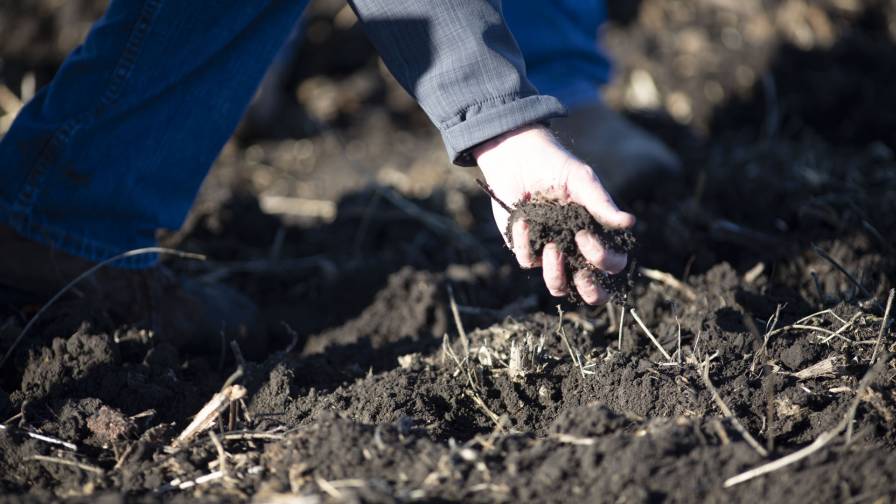‘Unlocking Sustainability Through the 4Rs of Nutrient Stewardship’

Fertilizers are essential for maintaining food production levels globally, contributing to 40% to 60% of total crop yield, as per various studies. To meet future food security goals, responsible nutrient management is crucial, characterized by the 4Rs of nutrient stewardship.
The four principles of the 4Rs – right source, right rate, right time, and right place – have long been fundamental to nutrient application, but the increasing focus on sustainability has further emphasized their importance for farmers. The 4R approach now integrates economic, environmental, and social aspects of nutrient stewardship, offering a more comprehensive framework for crop care.
Adam Herges, Sustainability Agronomist Advisor at The Mosaic Co., explains that the 4R model enhances nutrient management practices by encouraging farmers to rethink traditional fertilizer application methods. This science-based approach aims to optimize chemical usage globally, especially considering the rising costs of crop inputs.
For companies like Mosaic, the 4Rs serve as a baseline for discussing efficient nutrient utilization with farmers and their advisors. By adopting these principles, agricultural operations can benefit from improved management decisions and increased efficiency in nutrient application.
The 4R strategy also focuses on managing risks associated with nutrient application, such as preventing runoff into waterways. Fred Nichols, Vice President of Sales and Chief Marketing Director at Huma, emphasizes the importance of precision in nutrient application to enhance soil health and achieve long-term benefits for farmers and the environment.
Similarly, Kyle McClelland, Seed and Technical Agronomy Manager at BRANDT, stresses the economic and environmental advantages of implementing the 4Rs. By utilizing tools like nitrogen rate calculators, farmers can optimize their fertilizer use, resulting in higher yields and sustainable farming practices.
As awareness of environmental issues grows, the integration of 4R practices becomes increasingly vital. Websites like 4Rfarming.org offer valuable resources for farmers looking to enhance their nutrient stewardship techniques. Companies like Mosaic are committed to supporting growers in adopting advanced farm management practices that prioritize precision in fertilizer application.
In conclusion, while the 4Rs of nutrient stewardship are not a cure-all solution, they provide a solid foundation for sustainable agriculture practices. By prioritizing precise fertilizer application, farmers can maximize the benefits of conservation methods and contribute to long-term environmental and economic sustainability in the agricultural sector.





